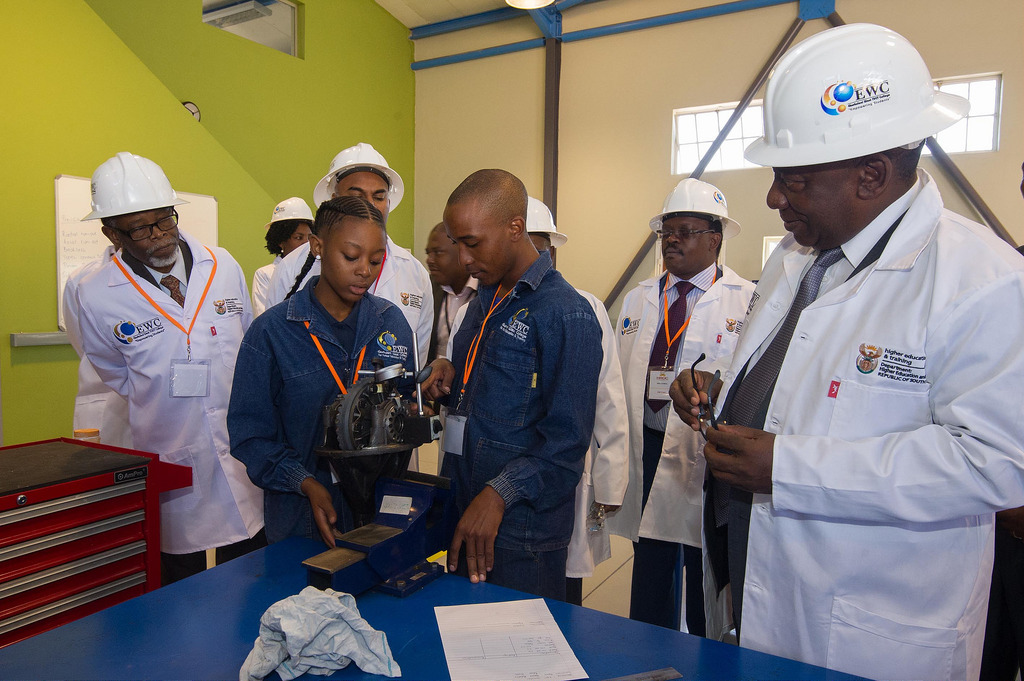COMMENT
Accusations of institutional racism continue to be directed towards the United Kingdom’s Home Office following a parliamentary inquiry concerning disproportionate denials of visit visas for African applicants. In January, the APPG for Africa with the APPG for Diaspora, Development and Migrants and the APPG for Malawi presented oral evidence which showed African applicants to be twice as likely to have their visa application refused compared to those applying from anywhere else across the globe, writes MADDIE GROUNDS.
Refusal rates have escalated in recent years – 260,000 visit visas were rejected in 2018 – yet whilst overall rejections have steadily remained between 13 percent to 16 percent, African applicants are up against a refusal rate of 28 percent, a high figure propped up by the continuing remnants of the prime minister Theresa May’s ‘hostile environment’ policy towards immigrants and ethnic minorities.
For those in the field of academia, high refusal rates equate to troublesome barriers for a number of delegates, funded PhD students and interns whose ability to contribute and share expertise with their global counterparts is often hindered by routine blockages by the Home Office. As a result, the Home Office has been accused of damaging fundamental British research projects, providing ‘insulting’ justifications in cases of visa refusals.
Demonstrating the consequences of these arbitrary blockages on international cooperation, a £1.5 million (R26.6 million) flagship preparedness programme hosted by the Wellcome Trust to tackle the Ebola outbreak saw six of its researchers unable to attend vital training in the UK. Other absences owed to unnecessary visa refusals include 17 delegates barred from entry to the European Conference of African Studies, 24 out of 25 researchers prohibited from attending the LSE African Summit and Save the Children celebrations and 7 individuals prevented from Dundee’s World Community Development Conference.
Critics fear that increased visa refusals will be detrimental to the UK’s international reputation: 70 senior leaders from universities and research institutes have warned that ‘visa refusals for African cultural, development and academic leaders… [are] undermining ‘Global Britain’s’ reputation as well as efforts to tackle global challenges’. In fact, the frequency of unsuccessful visa applications has led many to believe the UK is running a ‘travel ban’ on academics, businesses, church, musicians and performers from African countries.
The impact of continual hostile attitudes is already proving to push the UK’s academic position to the side-lines with LSE relocating their conferences to Belgium and African academics automatically declining invites to the UK to avoid the demeaning and overzealous visa process. What’s more, many conferences funded with British government money are being held in other countries to minimise organisational chaos and the number of Home Office generated absentees.
Exhibiting the prioritisation of suspicion over academic cross-collaboration, indications of racial bias seep through Home Office visa denials, seeking out those the Government believes will stay in the UK illegally and not return to their home country. Dundee West MP Chris Law condemned this belief as a ‘ludicrous’ suggestion considering that professionals would not abandon their work, their jobs and their families in their home countries.
In fact, a study by a professor from the Glasgow Centre for International Development found that 11 out of the 29 investigated visas were denied on suspicious grounds that the individuals would not return to their home country.
Individuals who have first-hand experience of these institutional prejudices include Foday Karama, a highly credited social anthropologist whose hope of attending the Ebola workshop was ruined after the Home Office refused his visa on the ‘balance of probabilities’ that they did not believe he was a researcher – despite providing letters from his own university.
Brenda Ireo, a social work from Uganda, was viewed with scepticism for not having any children in her home country to return to. Another Ugandan senior researcher working with LSE was denied on the grounds there was ‘no evidence’ he would benefit from his visit whilst a professor whose academic contribution was to be recognised at a conference was refused a visa as he had not ‘previously been sent on similar training in the UK’.
With cases like these being far from a few, patterns of unreasonable justifications – which predominantly emerge when the individual is from Africa – create tensions between international academics and the UK, putting future collaborations at risk. Critics have accused Home Office caseworkers as basing their decisions on the individual’s ethnicity, obstructing the contribution that many African academics seek to make to UK expertise. Back in 2014, the Immigration Inspector found multiple refusal notices to ‘not [be] balanced and failed to show that consideration had been given to both positive and negative evidence’.
Strengthening the barrier between British and international academia is that visitor visas have no right to appeal, except on human rights grounds usually associated with visiting close family. As a result, academics are left humiliated by the process, unable to challenge their unreasonable refusals and deterred from future collaborative projects.
Aggravating the situation is the fact that EU academics will also be subjected to the immigration rules as soon as 2021. Although Europeans currently living and working in the UK can apply for Settled Status which ultimately leads into British Citizenship, all EU entrants once the ‘skills-based’ immigration plan comes into effect will be required to meet the visa requirements.
Whilst an era of hostility remains, the UK’s international reputation will continue to be undermined by unjust suspicions towards those who contribute invaluable expertise to British academia. All international academics should be welcomed with open arms and certainly, never discriminated against on the basis of any race or nationality.
Maddie Grounds is a political correspondent and content writer for the Immigration Advice Service – the UK’s leading organisation of immigration solicitors.
The views expressed in this article are the author’s own and do not necessarily reflect the editorial policies of The Daily Vox.
Featured image via Pexels








